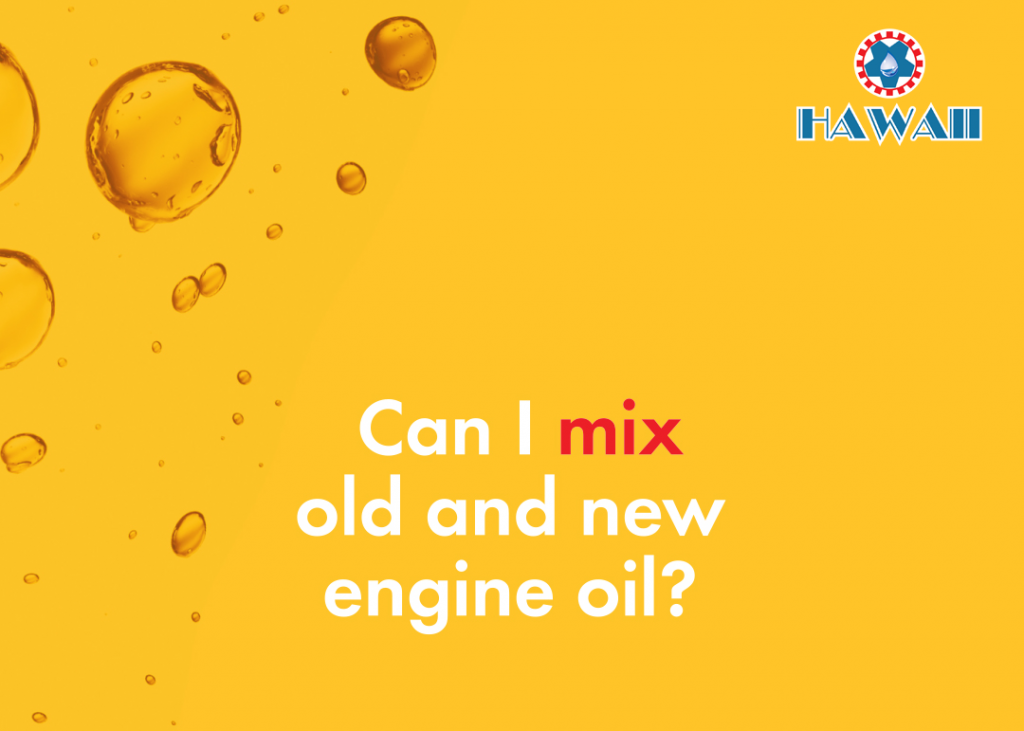
Can I Mix Old And New Engine Oil?
Adding fresh oil to old oil can be done in some cases, but careful consideration is needed to avoid damaging the engine. Here are the pros and cons of this method:
Pros:
- Cost-saving: Adding fresh oil to old oil can help save some cost compared to a complete oil change.
Cons:
- Uncertain lubrication performance: Mixing fresh oil with old oil may lead to inconsistency in the chemical composition, reducing lubrication performance and potentially harming the engine.
- Compatibility risks: If the new and old oils are not compatible or have different chemical compositions, mixing them can lead to issues such as sludge formation, corrosion, or damage to engine components.
- Risk to engine performance: Using inconsistent oil may decrease engine performance and longevity, leading to increased repair and maintenance costs.
In most cases, experts advise that a complete oil change is the safest and most effective method to protect the engine. However, if adding fresh oil is necessary, it’s important to ensure that the new and old oils are of the same type and meet standards to avoid engine damage.

In addition to the potential risks to the engine, mixing fresh oil with old oil in motorcycles or cars can also pose dangers to users:
- Decreased braking performance: Contaminated oil can lead to reduced efficiency of the braking system, increasing the risk of accidents due to longer stopping distances or decreased responsiveness.
- Engine overheating: Inconsistent lubrication properties of mixed oils can result in inadequate cooling of engine components, leading to overheating and potential engine failure while driving.
- Increased emissions: Mixed oils may not burn efficiently in the engine, resulting in higher emissions of pollutants such as carbon monoxide, hydrocarbons, and nitrogen oxides, which can contribute to air pollution and adverse health effects.
- Loss of control: In extreme cases, inconsistent oil properties can cause engine seizures or sudden loss of power while driving, leading to loss of control over the vehicle and potential accidents.
- Environmental impact: Improperly disposed of mixed oil can contaminate soil and water sources, posing environmental hazards and health risks to both humans and wildlife.
- Legal implications: Operating a vehicle with compromised lubrication can violate road safety regulations and result in legal consequences such as fines, license suspension, or even criminal charges in the event of accidents caused by oil-related issues.
Therefore, it’s crucial for vehicle owners to adhere to manufacturer recommendations regarding oil types and change intervals to ensure optimal performance, safety, and environmental responsibility. Mixing fresh oil with old oil should be avoided whenever possible to mitigate these risks.
There is no need to resort to the practice of adding new oil to old oil in order to save costs, as Hawaii Oil specializes in providing genuine products manufactured according to international standards while still ensuring the best value for money.
Our commitment is to deliver high-quality products that safeguard engine performance and enhance the lifespan of your vehicle. With a diverse range of products, Hawaii Oil meets the needs of various types of vehicles, from motorcycles to cars.
By using genuine Hawaii Oil lubricants, you not only ensure engine safety but also save time and money on repairs caused by using non-genuine or inappropriate lubricants. Trust and choose Hawaii Oil to protect and nurture your engine for the long term.
